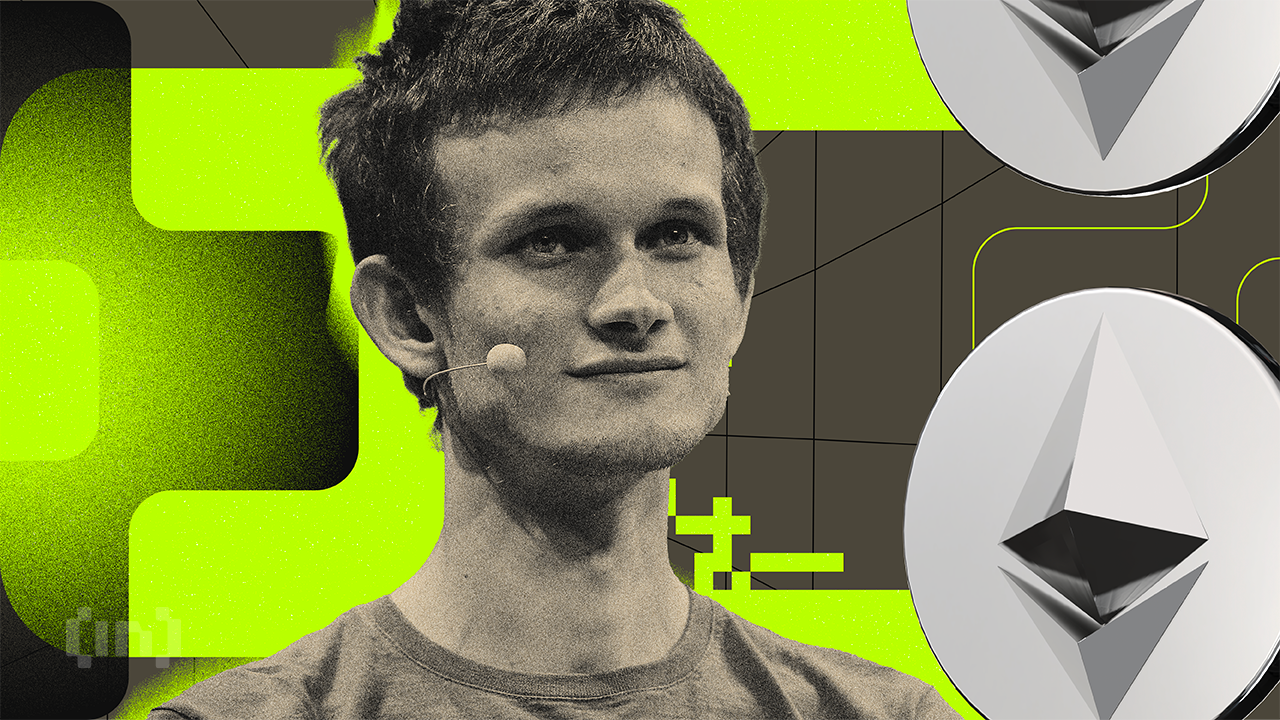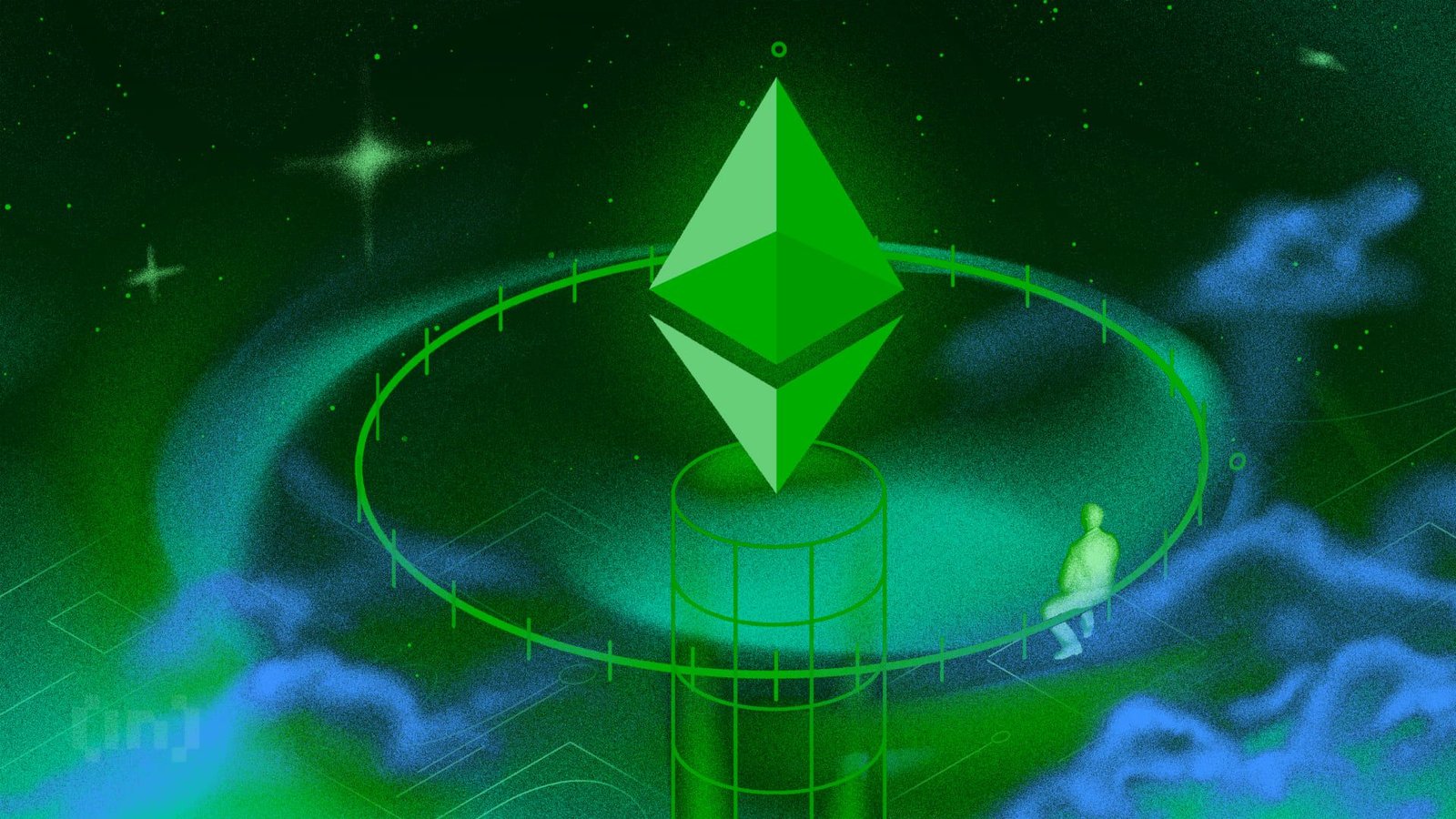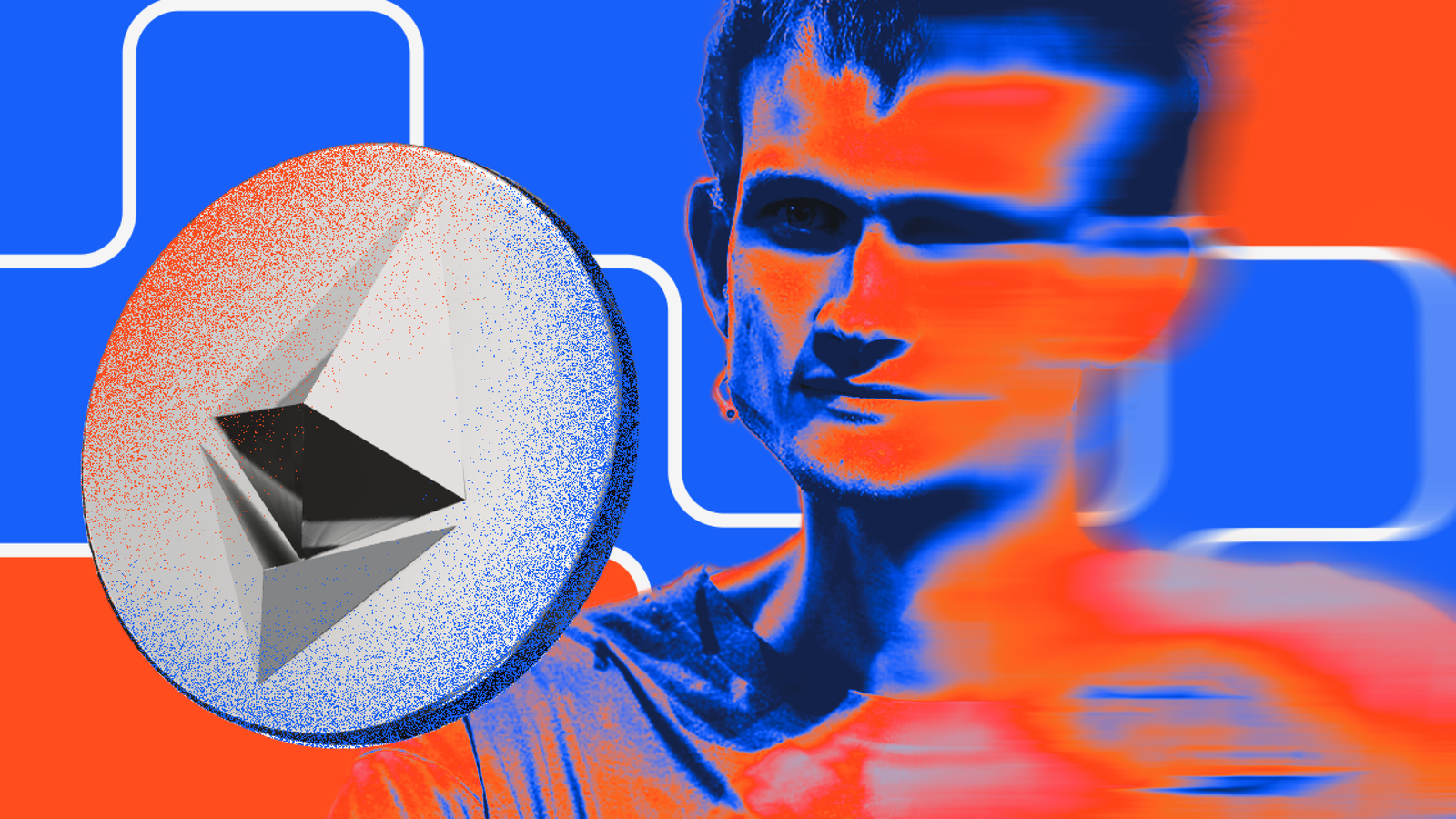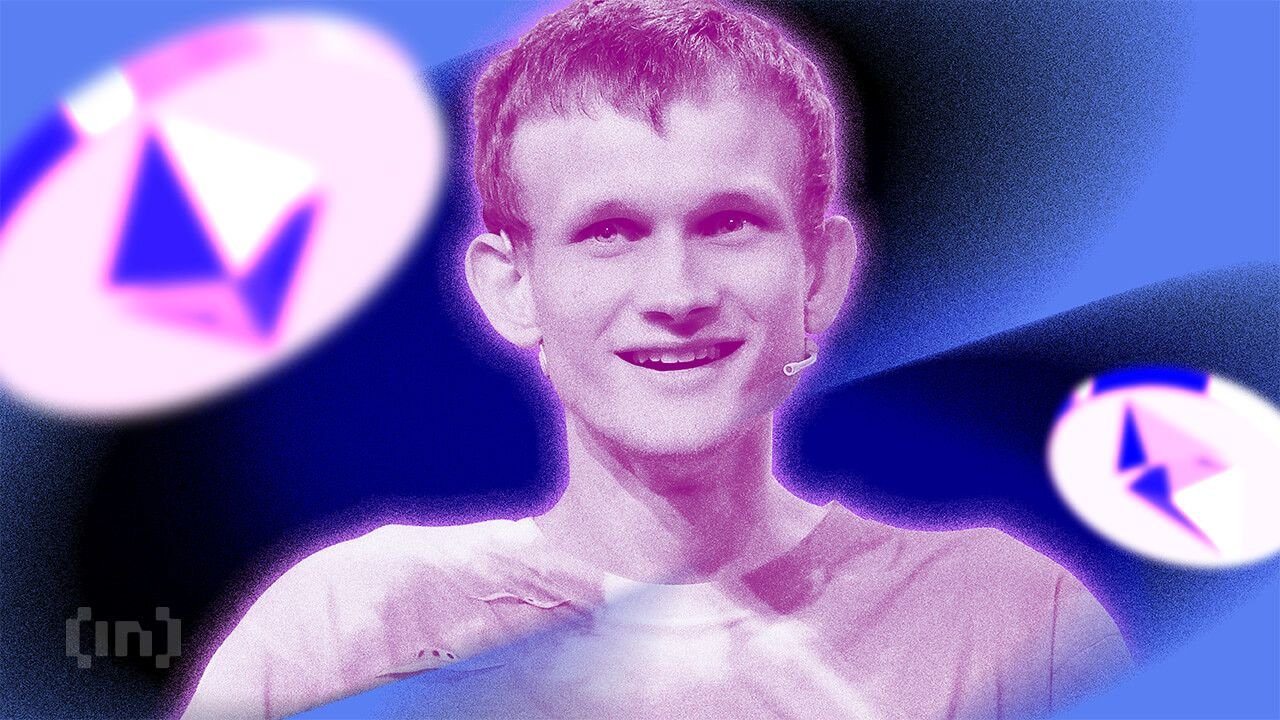Ethereum co-founder Vitalik Buterin says that the kind of blockchain apps being built often reflect the mindset and values of the people behind them. In simple terms: what developers believe in shows up in the kind of projects they create.
In a recent talk, Buterin warned that some popular crypto platforms, like Pump.fun and Terra/Luna, are examples of what not to build in the crypto world. He said these projects are based on bad ideas and short-term hype rather than real value.
Good vs Bad Projects in Crypto
Buterin praised a few apps that he believes truly support the long-term goals of Ethereum—such as privacy, transparency, and decentralization. These include:
- Railgun: A privacy tool that lets people make anonymous transactions, but with built-in checks to show their money isn’t from illegal sources. It builds on an older tool called Tornado Cash, which was banned by the U.S. government in 2022 after being linked to hackers.
- Farcaster: A decentralized social media protocol that doesn’t rely on big tech companies.
- Polymarket: A platform where people can bet on real-world events using crypto. Buterin believes it could someday help improve decision-making in areas like government, science, and the media.
He also praised Signal, the secure messaging app, for its commitment to privacy and user control.
On the other hand, Buterin criticized Pump.fun, a site used to quickly launch memecoins on the Solana blockchain. He argued it encourages gambling-like behavior and projects with no real purpose—just hype.
He also brought up Terra/Luna, a stablecoin project that collapsed in 2022, wiping out over $40 billion in value, and FTX, the crypto exchange whose founder, Sam Bankman-Fried, was recently sentenced to 25 years in prison for fraud. These examples, Buterin says, show what happens when crypto is used irresponsibly.

Why Developers’ Beliefs Matter
To explain his point, Buterin compared Ethereum to a programming language like C++, which can be used to build almost anything. But Ethereum, he said, is only partly general-purpose. It’s designed with goals like decentralization and sustainability in mind—something not all developers care about.
He pointed out that many of Ethereum’s biggest changes—like moving to proof-of-stake (a system that uses far less energy than the old proof-of-work system)—only happened because developers truly believed in making things better and more ethical.
In his words, Ethereum apps are “80% special-purpose,” meaning they’re heavily shaped by the people building them. That’s why Buterin keeps stressing the importance of values, ethics, and long-term thinking in crypto.





